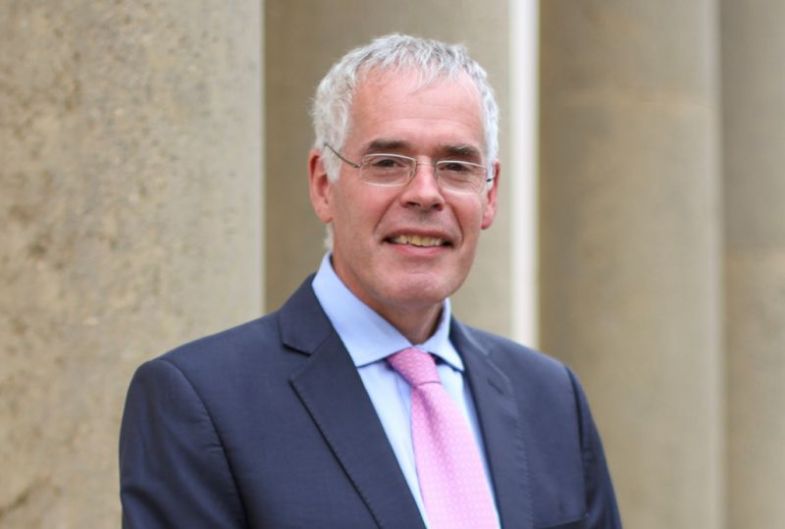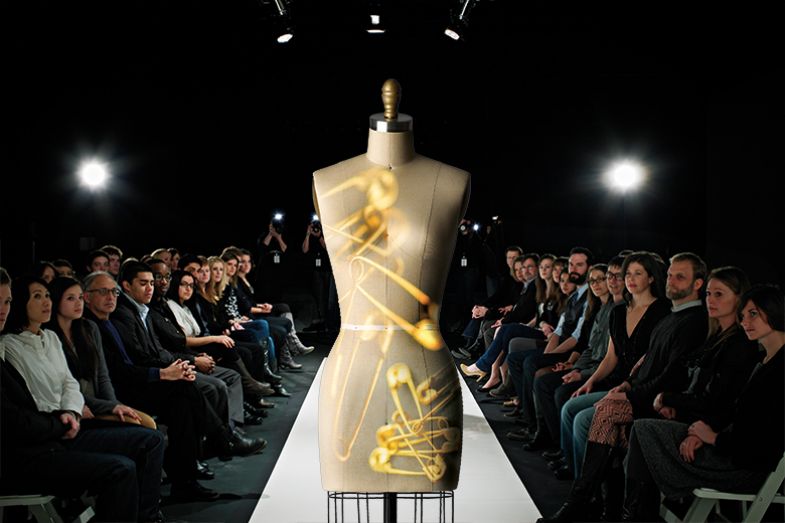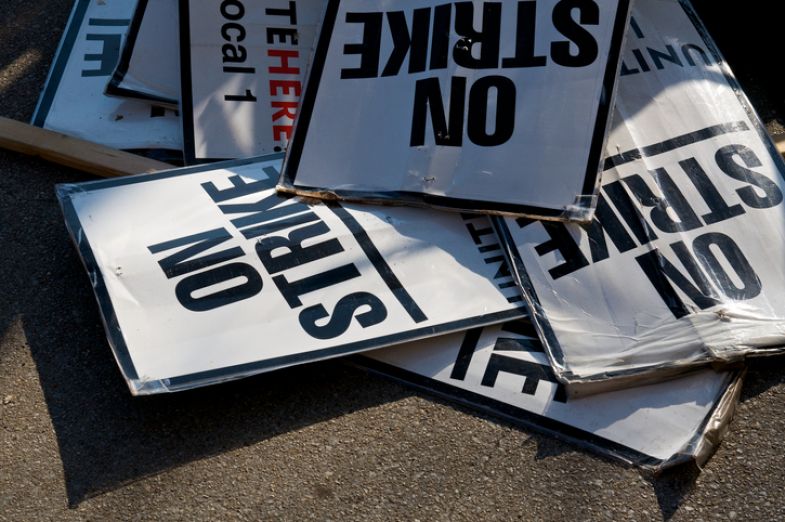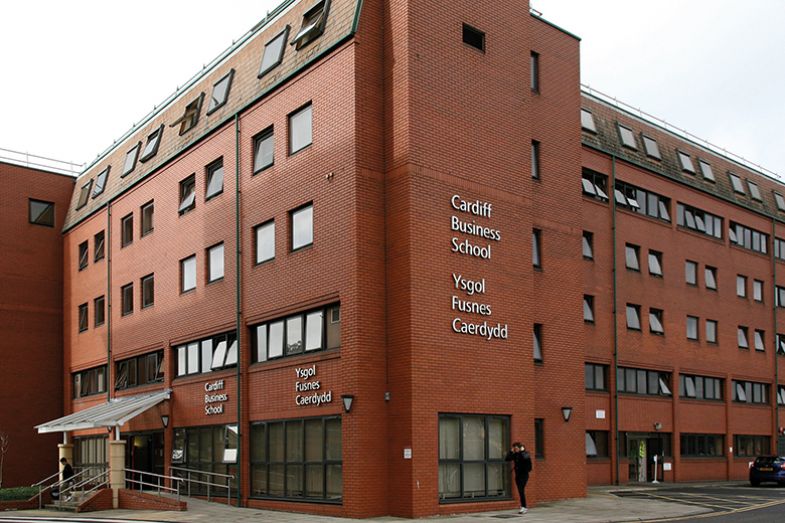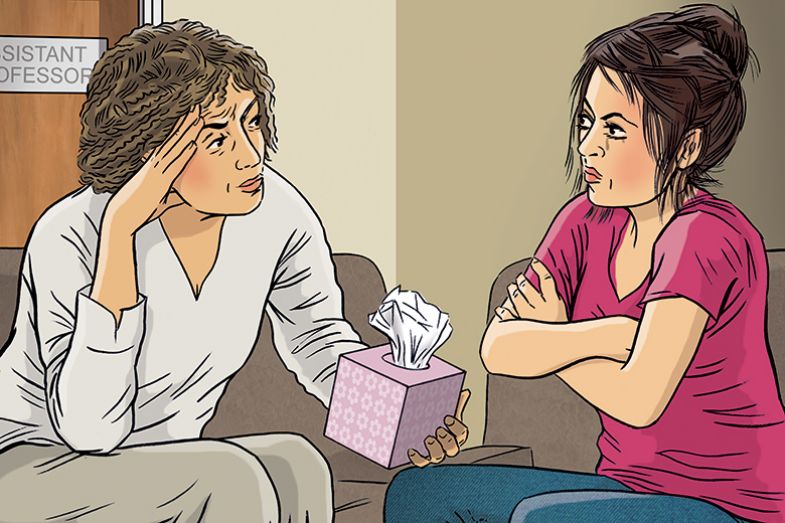There are some topics that have become mainstays on the higher education news agenda – vice-chancellors’ pay packages and the plight of PhD students come to mind – so a few articles in the list of our 15 most-read stories of 2018 could easily have been predicted.
However, there are others that reflect the real issues of the year – the strikes over pensions in the UK, the global trend towards more open science, the continued probing of women’s status in higher education and the growing concerns around mental health among students and staff. Read on to see which news stories captivated our audience in 2018.
15. Universities with biggest shares of 2:1s and firsts revealed
The increase in first-class degrees and indeed grade inflation was covered by Times Higher Education throughout the year worldwide and by subject, but this piece from early February provided analysis of 2016-17 data from the UK’s Higher Education Statistics Agency on degree classifications that showed where increases in top grades were highest.
14. Singapore’s powerhouses neglect local intellectual life
In this essay from his most recent book, Cherian George, a Singaporean working at Hong Kong Baptist University, argues that Singapore’s leading universities should play a much more integral role in the lives of Singaporeans.
13. V-c under fire for claiming Open University academics ‘don’t teach’
Peter Horrocks came in for intense criticism for claiming that The Open University’s distance-learning model had allowed academics “to get away with not being teachers for decades”. He resigned weeks later, after members of the OU branch of the University and College Union passed a motion of no confidence in him and he lost the backing of the governing council.
12. Oxford academics launch world’s first ‘blockchain university’
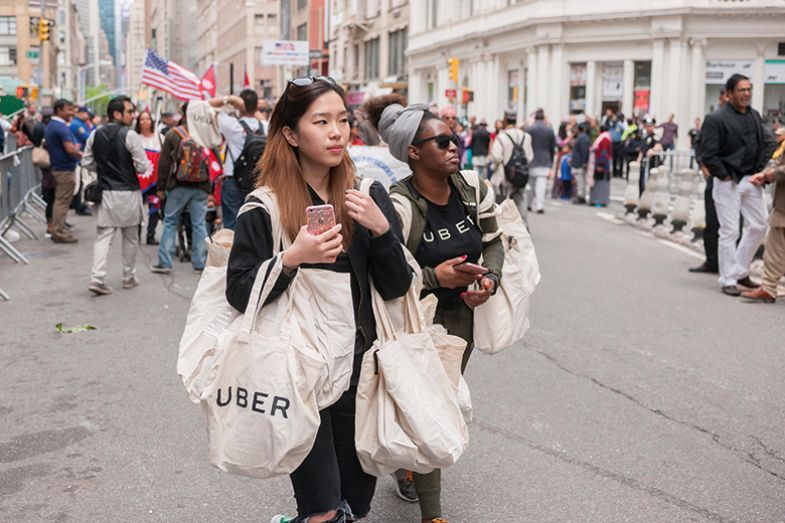
The blockchain university will be like “Uber for students, Airbnb for academics”.
11. ‘White nationalist’ face of Charlottesville now studying at LSE
The London School of Economics’ decision to enrol Peter Cvjetanovic, a US student who became the face of 2017’s far-right Charlottesville rally, sparked debate about the extent to which universities can consider an applicant’s political views in their admissions processes.
10. Clothes do not make the woman: what female academics wear is subject to constant scrutiny
In this feature, Emma Rees, professor of literature and gender studies at the University of Chester, argued that women and their clothing are scrutinised more closely because men are seen as the norm in academia.
9. Female academics told image more important than quality of work
Fittingly, our next best-read article was a news story about a course offering advice to female academics, including how to change their hairstyle and clothes in order to be taken more seriously. Critics deemed it “unfit for an academic institution”.
8. Teaching excellence framework (TEF) 2018: results announced
More than 20 higher education institutions were included in the 2018 results of the TEF, with many improving their ratings from last year, including the universities of Liverpool and Southampton.
7. Funding taken away from PhD student after cancer diagnosis
Claudia Pama, a neuroscience researcher at St John’s College, Cambridge, launched a campaign to guarantee postgraduates the right to sick leave after discovering that sick pay was not available through her funding grant while she took time off to receive cancer treatment.
6. The big push: are PhDs too tough?

Drawing on interviews with 55 PhD students, a study found that qualities such as “self-sacrifice” and the ability to withstand “some level of suffering” or “intellectual isolation” were often more valued than “talent” or “intelligence”.
5. UK university staff vote to strike over USS pension reforms
Thousands of UK academics took to the streets for months during the first half of the year to protest against proposed reforms to the Universities Superannuation Scheme. The latest development in the nearly year-long dispute is that the USS will undertake a second valuation after institutions indicated that they were willing to pay more towards supporting UK higher education’s largest pension fund.“UK academics have snapped – and not just over pensions”, an article by Sarah Colvin, Schröder professor of German at Jesus College, Cambridge, was our most-read opinion piece of the year.
4. Fresh anger over UK visa regime as scholar forced to leave Oxford
The Home Office’s decision to decline a visa for Oxford postgraduate researcher Fengying Liu’s 22-month-old baby sparked fresh calls for a systematic review of the UK’s visa application process. Hopes that reform would come after the Migration Advisory Committee’s review of the UK’s policy on foreign students were quashed in September.
3. Lecturer’s suicide a ‘wake-up call’ on overworking in academia
Researchers criticised the focus on aftercare for stressed staff members and urged leaders to tackle workload pressures head-on after an accounting lecturer at Cardiff University took his own life.
2. Sweden cancels Elsevier contract as open-access dispute spreads
A consortium of 85 higher education and research institutions in the Sweden said it would not renew its contract with the journal publisher Elsevier. Researchers in France announced a similar decoupling from the journal publisher Springer. All this was a precursor to the unveiling of Plan S, Science Europe’s open-access plan backed by 11 funding bodies across Europe.
1. Millennials: the age of entitlement
Love it or hate it (most people on Twitter hate it), this account attracted an awful lot of attention. In it, an anonymous professor in the US admits that she has little respect for her millennial students, who, she says, don’t read, take on too many classes and lack critical thinking skills. Katherine Gould, an adjunct professor in Southern California, offered this rebuttal: “Don't blame millennials for your entitlement problem.”
Sara Custer is digital editor at Times Higher Education.
Register to continue
Why register?
- Registration is free and only takes a moment
- Once registered, you can read 3 articles a month
- Sign up for our newsletter
Subscribe
Or subscribe for unlimited access to:
- Unlimited access to news, views, insights & reviews
- Digital editions
- Digital access to THE’s university and college rankings analysis
Already registered or a current subscriber? Login



